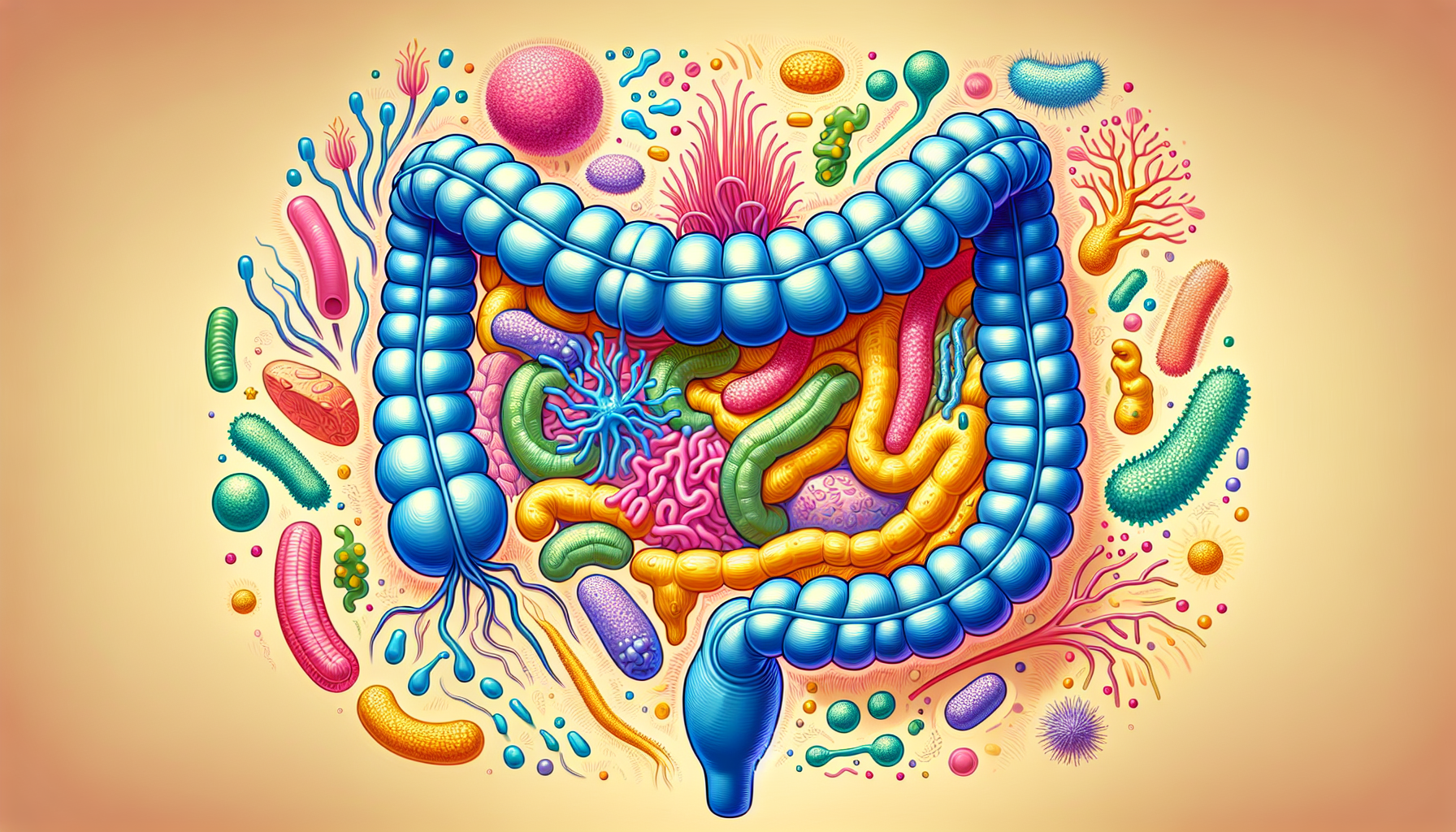Gut flora, the complex community of microorganisms living in the human intestines, is an essential component of our health, influencing a range of bodily functions from digestion to immune response. Recent research has unveiled the multifaceted protective effects of gut flora, emphasizing its importance in maintaining overall wellbeing. This article explores the intricate roles these microscopic inhabitants play and how we can nurture a healthy gut microbiome.
The Gut Microbiome: A Hidden Fortress
The gut microbiota consists of trillions of bacteria, viruses, fungi, and other microscopic living things. Collectively, these microorganisms form the gut microbiome, a dynamic ecosystem that performs several critical functions:
- Digestion and Nutrient Absorption: Beneficial bacteria assist in breaking down complex carbohydrates, proteins, and fats, facilitating nutrient absorption.
- Immune System Modulation: Gut flora plays a pivotal role in educating and regulating the immune system, helping to distinguish between friendly and harmful invaders.
- Barrier Effect: A healthy gut microbiome can prevent pathogenic bacteria from colonizing the gut by competing for nutrients and attachment sites.
Linking Gut Health to Overall Wellbeing
The health of our gut microbiome is inextricably linked to various aspects of our wellbeing, from digestive health to mental health. Imbalances in gut flora, known as dysbiosis, have been associated with conditions like inflammatory bowel disease (IBD), allergies, and even obesity.
Strategies for Microbiome Maintenance
Nurturing a healthy gut flora is a multidimensional task that involves diet, lifestyle, and sometimes, the use of supplements. Here are several strategies to maintain a balanced gut microbiome:
- Dietary Choices: Consuming a diet rich in fiber, particularly prebiotic fibers found in fruits, vegetables, and whole grains, feeds beneficial gut bacteria. The role of prebiotic fibers in gut health maintenance cannot be overstated, as they selectively stimulate the growth of health-promoting bacteria.
- Probiotic Foods: Incorporating fermented foods like yogurt, kefir, and sauerkraut, which contain live beneficial bacteria, can help replenish and diversify gut flora.
- Avoiding Unnecessary Antibiotics: While antibiotics can be lifesaving, indiscriminate use can disrupt the gut microbiome. Strategies to balance gut flora post-antibiotic treatment are essential for recovery.
- Stress Management: Chronic stress can negatively impact gut flora composition. Techniques to manage stress are not only beneficial for mental health but also for maintaining a healthy gut microbiome.
Protective Effects Against Diseases
A well-balanced gut microbiome can protect against various diseases by:
- Strengthening the Gut Barrier: A healthy microbiome strengthens the gut barrier, potentially reducing the risk of substances leaking into the body and causing inflammation.
- Production of Short-Chain Fatty Acids (SCFAs): Beneficial bacteria ferment fiber to produce SCFAs, which have anti-inflammatory properties and may protect against colon cancer.
- Regulating Inflammation: Certain gut bacteria can modulate the immune system, potentially reducing chronic inflammation associated with autoimmune diseases.
The Gut-Brain Axis
The communication network between the gut and brain, known as the gut-brain axis, is another area where gut flora exerts its influence. This bidirectional relationship means that a healthy gut can contribute to a healthy mind. Research on the connection between gut health and chronic fatigue underscores the impact of gut microbiota on overall energy levels and mental clarity.
Best Practices for Gut Flora Health
To ensure the protective effects of gut flora are fully realized, consider adopting the following best practices:
- Regular Physical Activity: Moderate exercise has been shown to positively influence gut microbiota diversity. The impact of moderate exercise on digestive function is a testament to the interconnectedness of physical activity and gut health.
- Adequate Sleep: Sleep plays a crucial role in the health of the gut microbiome. Disruptions in sleep patterns can lead to dysbiosis and increased susceptibility to disease.
- Hydration: Drinking adequate amounts of water is vital for maintaining mucosal lining in the intestines, which supports the gut microbiome.
External Resources for Further Reading
To delve deeper into the subject, here are some niche resources that offer valuable insights:
- A study on the influence of gut microbiota on the immune system
- Research on the role of SCFAs in gut-brain communication
- An in-depth review of the impact of diet on the gut microbiome
Conclusion
The gut flora is a cornerstone of health, offering protection against a multitude of diseases and conditions. By understanding and nurturing our gut microbiome through diet, lifestyle choices, and stress management, we can harness its full protective potential. Remember that a thriving gut is not an isolated goal but a central part of an integrated approach to overall health and vitality.



